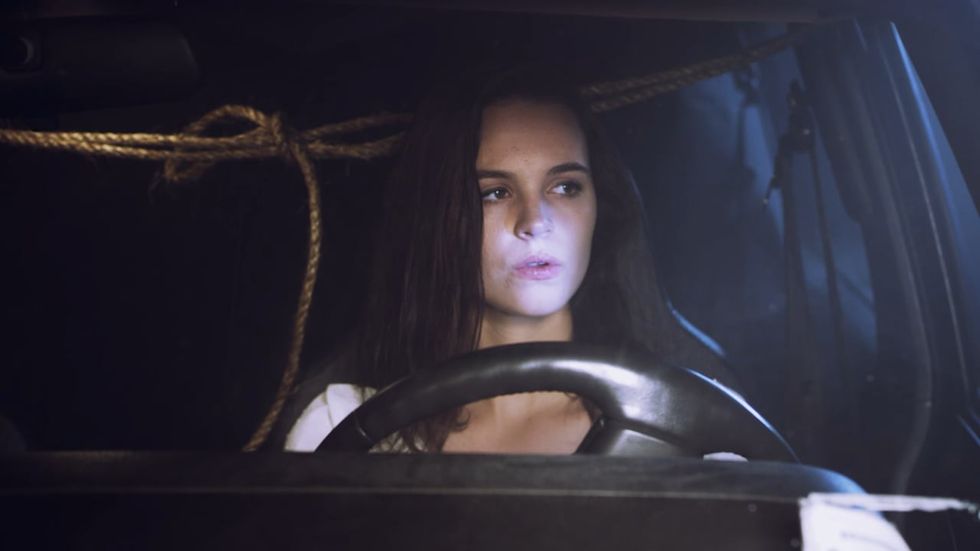If you grew up loving Lemony Snicket's "A Series of Unfortunate Events," you may understand what I mean when I use the word "Gothic." No, I'm not referring to the spike-collared-jet-black-haired goth style. I mean the literary Gothic, the genre of "Jane Eyre," "Dracula," "Great Expectations," and "Frankenstein." The misty, borderline supernatural (or sometimes definitely supernatural) books that tend to focus on vulnerability and eeriness. "A Series of Unfortunate Events" is one of tons of other pieces of contemporary literature that bring elements of the Gothic genre back into our field of vision. There's a reason they keep remaking "Jane Eyre," a reason Lady Gaga captures our attention, a reason that we're drawn to "American Horror Story." We like a little bit of eerie in our entertainment. It allows us to float a little bit outside of our rational, systematic ideologies and see the world as something that can't always be explained.
While our experiences with the Gothic may differ widely from the days of Jane Eyre, it has certainly left its mark on our pop culture. Step back with me for a minute and take a look at my favorite musician- a folk singer-songwriter from LA. I started listening to Soren Bryce's music in 2012 when she had maybe four or five songs publicly available, all of which I downloaded and stuck on a blank CD. I still remember one of the first times I played that CD. I was driving home around midnight after a closing shift at work and rain was pouring down on my fogged-up windshield. The first song that came on was called "Gone", a sweet, haunting narrative told from the perspective of the friend of someone who had just committed suicide. Call me morbid, but this whole scene somehow resonated deeply with me. The experience I had driving home that night not only spoke to my own past and battle with depression, it also changed the way the world felt for a few minutes. I think that's what we crave in the Gothic. A little bit of the unknown, a little reminder that we are small pieces of a huge system that we can't quite grasp.
Soren's latest videos have only reinforced the parallels I see between the Gothic and the Millennial mind, especially in the music video for "Ride with You." Released last September, this thing is packed with Gothic elements- a young girl in white sleeps alone in an enormous dilapidated house. In bizarre, dreamlike fashion she walks out into the misty night, passing bizarre people along the way. She seems to embody the damsel in distress in the beginning, an innocent character in a potentially dangerous space, but contradicts this by confidently walking through the night. One minute into the video Bryce's character changes dramatically, revealing a man tied to the top of a car as she enters it and begins to drive. This unexpected twist moves Bryce from potential victim to something else, possibly even becoming monstrous (another crucial trope of the Gothic is that of the monstrous, which was sometimes embodied by a terrifying human being).
I think the Gothic genre and Soren Bryce's video resonate well with Millennials because it looks a little like our own world. We're entering a scary time in our lives. The workplace is an enormous unknown full of mystery and danger. We feel threatened by predatory lending and an economy that often feels like it wants to use us like batteries. But at the same time, we have a subtle confidence in our own power and place in the world. When it comes to humanitarian causes, social justice, and the use of technology we are forces to be reckoned with. We are creating a new way for the world to operate and as we do so we become powerful in our society. In this way we can identify as both the damsel and the mystery. In interviews we may lose our confidence and feel like we're at the mercy of corporate America, but when we look at the future we see a place for ourselves and a world that we know how to succeed in.




















